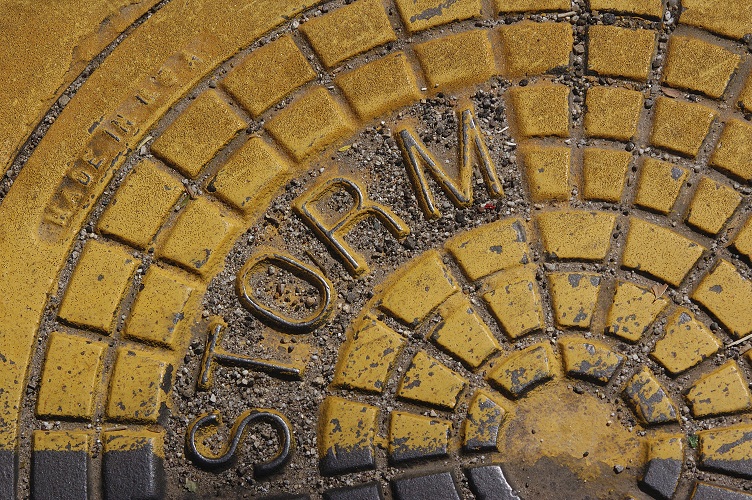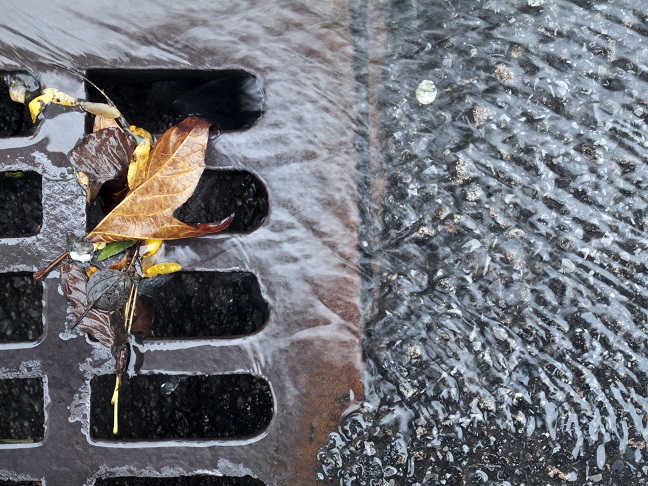On Dec. 3, the U.S. Supreme Court heard oral arguments in an Oregon logging road pollution case that has been litigated since 2006. The court agreed to review the 9th Circuit Court’s decision to consider stormwater runoff channeled from logging roads as a point source requiring a Clean Water Act permit. However, the U.S. Environmental Protection Agency (EPA) issued a new rule Nov. 30 clarifying that polluted runoff from logging roads should not be considered a point source under the Clean Water Act and is therefore exempt from regulatory requirements. Chief Justice John Roberts said the justices were “surprised” by EPA’s 11th-hour rule change. The justices then proceeded to discuss whether they should even consider the case in light of EPA’s rule. If the case is not heard, there is concern that ambiguity in the law will remain. Additionally, the attorney representing the logging industry stated that a ruling by the high court could provide legal clarity for future litigation. The Supreme Court should indicate soon if it plans to decide the case on its merits.





